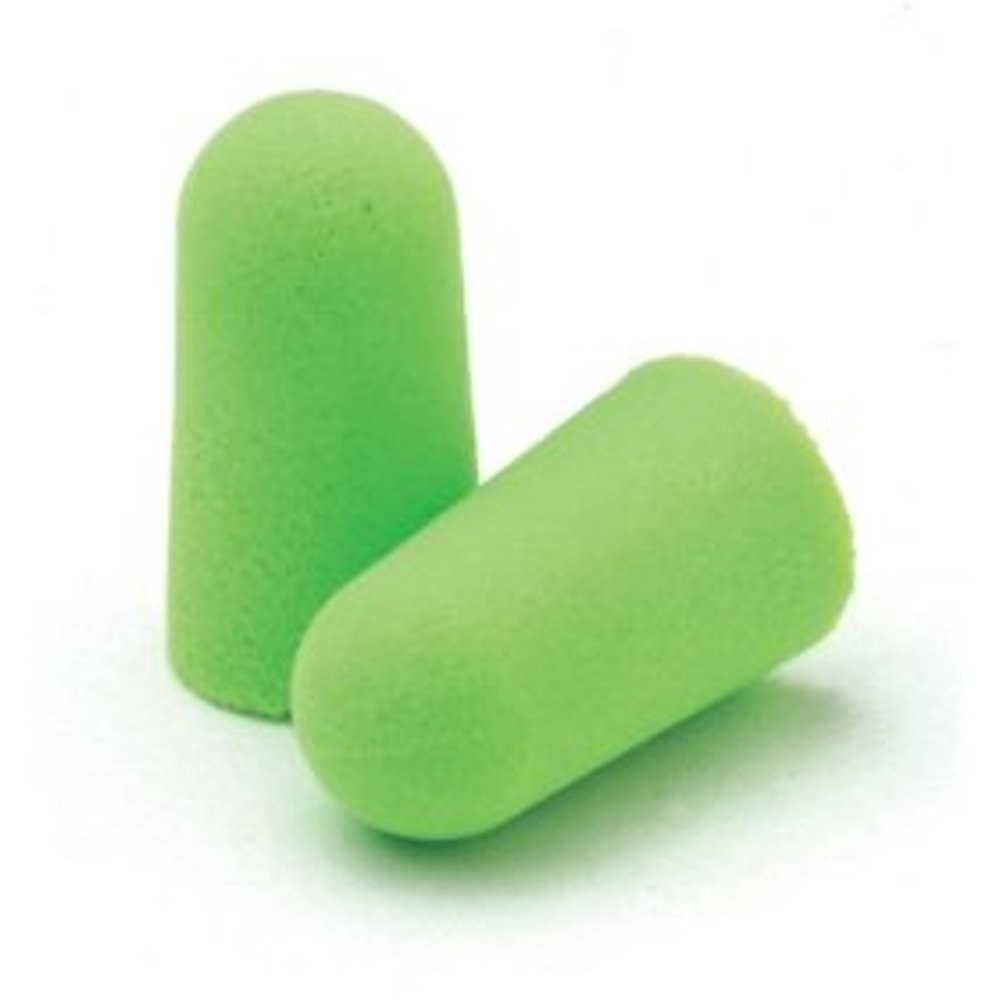How Modern Hearing Aids Filter and Process Sound
Have you ever wondered how hearing aids make voices clearer and reduce


Have you ever wondered how hearing aids make voices clearer and reduce

Getting your first pair of hearing aids marks an important step in

If you are exploring different options to improve your hearing, cochlear